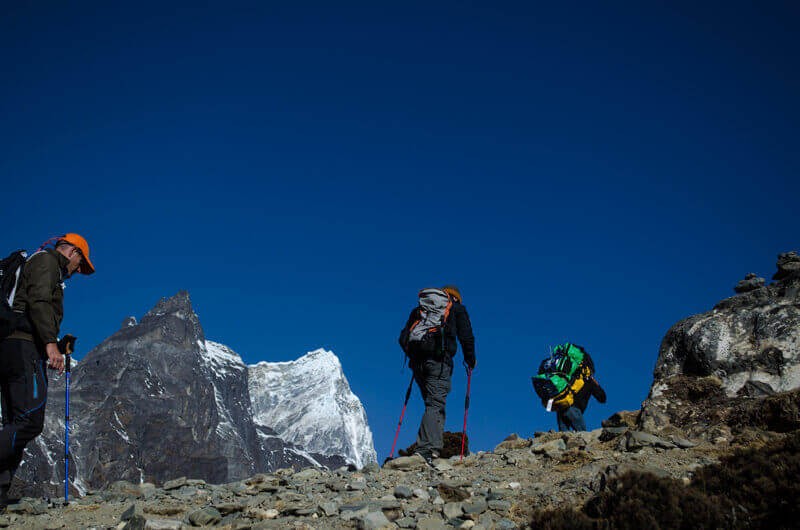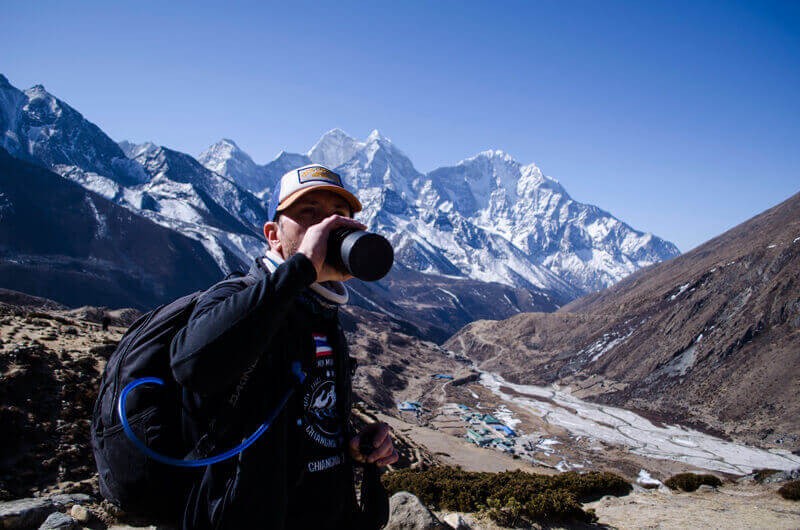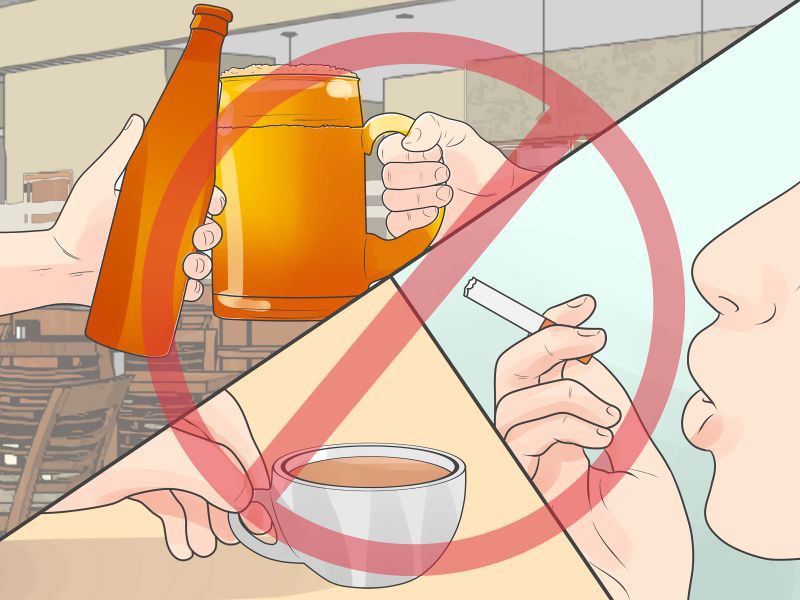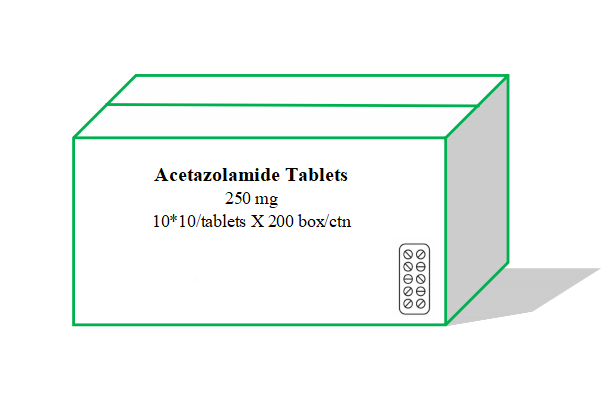As a classic trekking route in the highest of altitudes, Everest base camp trekking invites with it the risk of altitude sickness. If you go unprepared, it will definitely be a major hindrance to your dream of reaching the destination and enjoying majestic views along the way. Once you suffer from altitude sickness, there's no solution other than returning back and trying again a few days later.
Everest Base Camp Trek | Altitude Sickness and Prevention
Table of Contents
What is Altitude Sickness and why does it happen during the Everest Base Camp trek?
Altitude sickness or acute mountain sickness (AMS) occurs in high-altitude regions as a result of a lack of enough oxygen in the atmosphere. The lowest elevation you will encounter during the Everest base camp trek is 2610m while reaching all the way to 5644m at Kala Patthar. Due to the steep incline in this route, you have to be prepared for anything that might come your way.
How can you prevent altitude sickness during the Everest Base Camp trek?
Here are steps that experts at Himalayan Scenery and Treks recommend you follow in order to make your trek enjoyable and pleasant.
Ascend Gradually

The most crucial thing to remember during high-altitude trekking is that you should take it slow. Despite your physical strength and athleticism, it is unwise to cover larger distances over short time periods even if you can. Even the local people, porters, and guides avoid too brisk of a walk as everybody is susceptible to altitude sickness. Plan rest days when you ascend more than 1000m in a day. When choosing a trekking agency, be sure to go over the itinerary to make sure that you feel comfortable with it.
Drink A lot of Water

Your body gets dehydrated quickly in higher altitudes, even more so when you are climbing for 6 to 7 hours a day. Dehydration can worsen your altitude sickness and will make you exhausted very soon. Make sure the water you are drinking is clean. Take enough water purification tablets or other sterilization methods. Whenever you stop at a hotel or tea shop, be sure to drink hot liquids like tea, warm water, and garlic soup.
As energy is key during a successful trek, you don’t want your body to go through dehydration in addition to other factors.
Avoid Meat and Stock Up on Carbohydrates

Even though eating meat is not actively discouraged, fresh meat is pretty rare up in the mountains. Almost everything you eat has to be carried from either Lukla or Namche Bazaar to higher altitudes, so, it is generally considered safe to avoid meat products. Furthermore, your body is under stress and your digestive system might not consider meat very friendly.
Instead, you can stock up on local cuisine of rice, lentils, and potatoes, all of which are high in carbohydrates and proteins and easier for your body to digest and will provide you enough energy for the trek. Surprisingly, other foods like spaghetti and momos are also available in most of the hotels all over the trek.
Avoid Alcohol and Caffeine

Yes, caffeine. You might be used to a jolt of energy after your morning coffee but avoiding anything that dehydrates your body will reward you during the trek. That includes alcohol as well. You might be tempted to take a drink or too in the cold climate but it’s a big no-no. Alcohol not only dehydrates your body but also may cause distress in the stomach and other digestive issues.
Don’t worry, a cold pint of beer will be awaiting you back in Kathmandu.
Don’t forget the AMS Medicine

While following all the above rules is vital to prevent altitude sickness, it is recommended that you carry medicine with you. Consult a doctor back home or in Kathmandu on the appropriate dosage for you.
Taking one or two tablets a day starting a day before the ascent will cut back the risk of altitude sickness as it speeds up the acclimatization process. Also, ask your trekking agency or your guide how to proceed with the medicine when trekking to Everest Base Camp.
A Guide Knows Best
A skilled guide is what keeps you safe when you are up in the mountains. Choosing a licensed and qualified guide is absolutely the most important decision you will make while planning your trip. With a competent guide, you will have no surprises when it comes to terrain, weather, or any other aspects of the trip.
Whether your eyes feast on the marvelous landscapes and all the while enjoying local culture, foods, and the overall Everest Base Camp experience or not depends upon the guide you choose to hire.
If the symptoms of altitude sickness persist, you must return to a lower altitude and seek medical help.
If you are to follow these guides you will be able to enjoy your trip to EBC to the fullest. If you want to know more about the Everest base camp trek itinerary, and other information about the trails, food guide, and Everest Base camp trek guide you can check our blog page.
